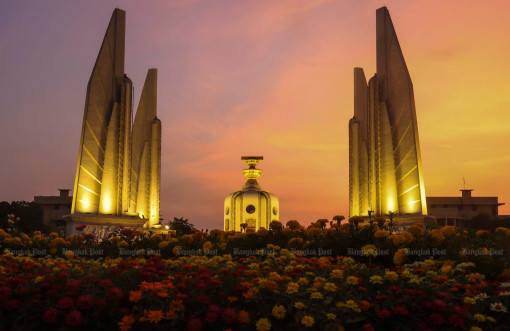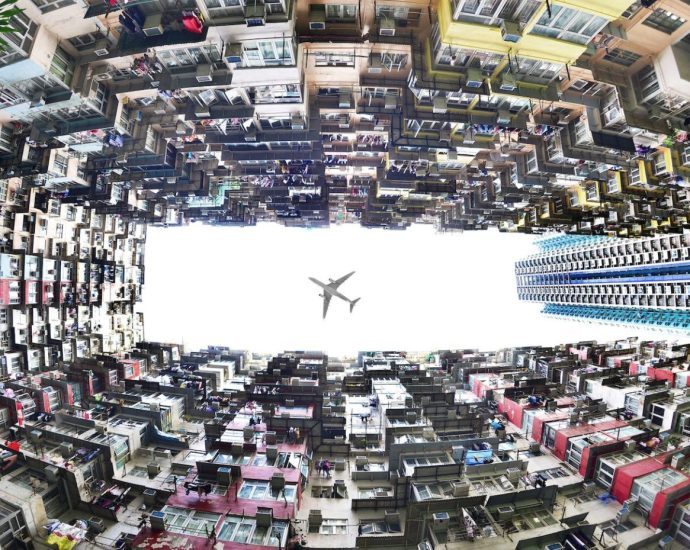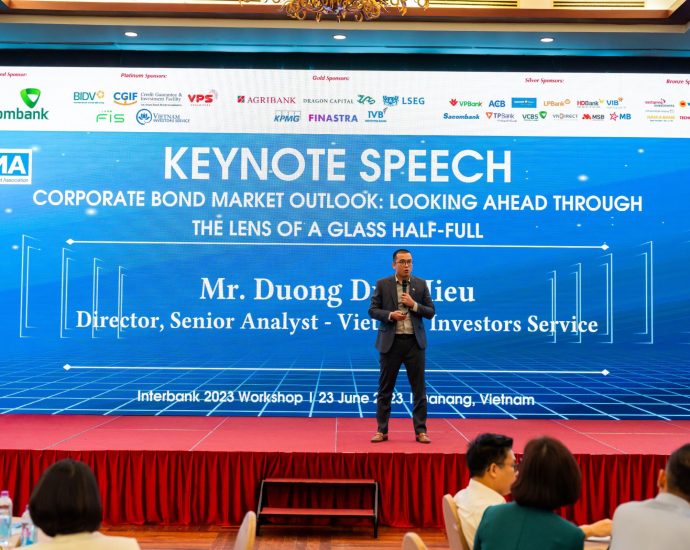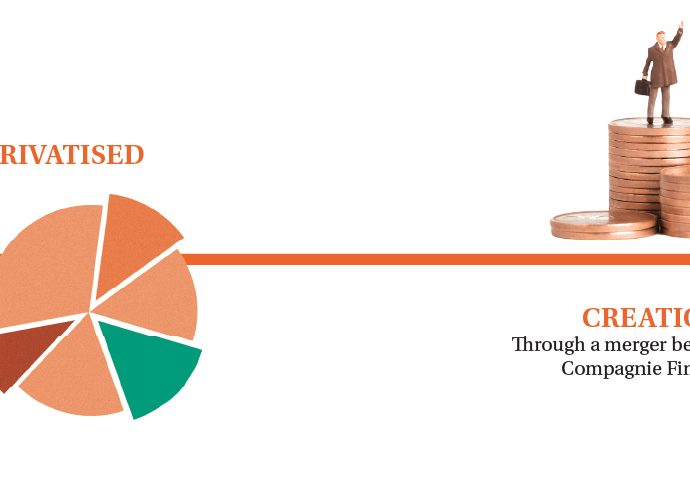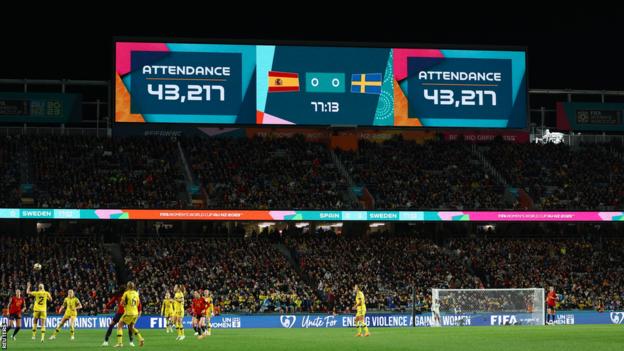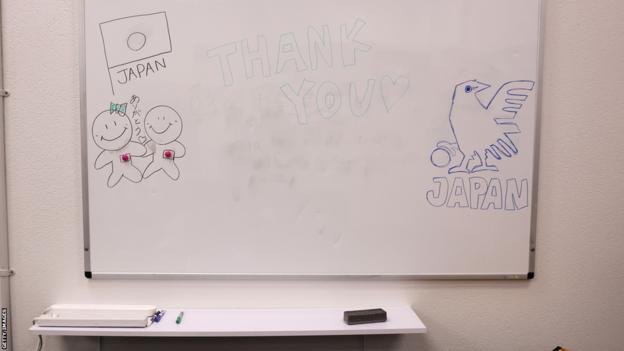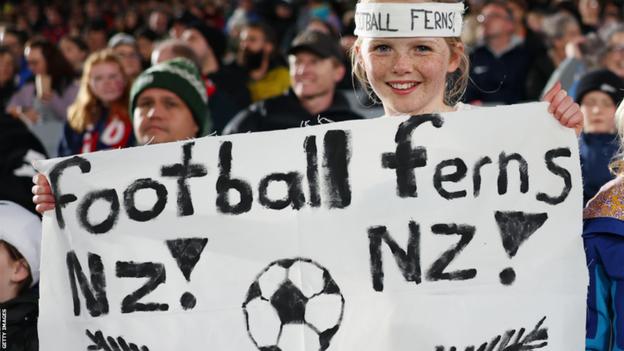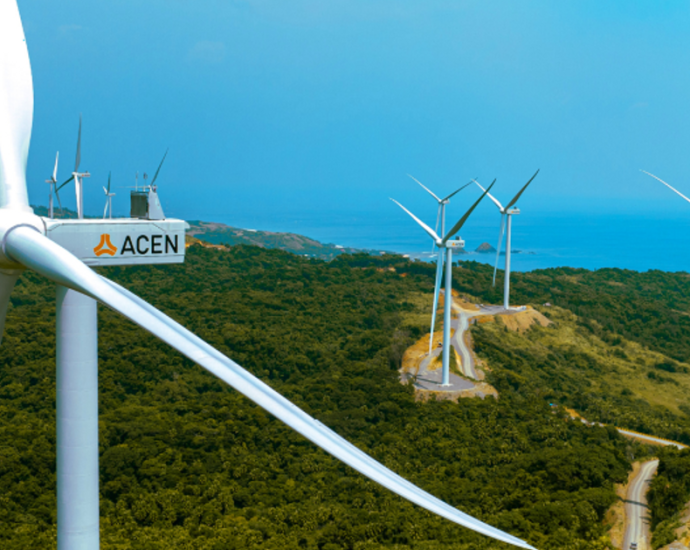Thai standing in annual Democracy Index drops

PUBLISHED : 18 Feb 2024 at 04:00
Thailand’s standing in the yearly Democracy Index compiled by the Economist Intelligence Unit (EIU) has plummeted by eight spots. This decline is likely attributed to the recent formation of the country’s government by unelected senators as opposed to voters.
The country ranked 63rd out of 167 countries and territories in 2023, compared with 55th in 2022, the EIU said. Its score was 6.35 points, down from 6.67 the year before.
The annual survey rates countries on a scale of zero to 10. Full democracies are those with scores above 8, and authoritarian regimes score 4 or lower. Thailand is among the large number of flawed democracies with scores between 6 and 8.
The top five countries in the index (in order) were Norway, New Zealand, Iceland, Sweden and Finland, all with scores above 9.
Country scores are based on performance in five sub-categories. Thailand was assigned a score of 7 for electoral process and pluralism, 6.07 for functioning of government, 7.78 for political participation, 5 for political culture, and 5.88 for civil liberties.
Thailand’s total score has not changed considerably since 2019. That year, when elections were held after five years of military rule, the score improved dramatically to 6.32 from 4.63 the year before, EIU figures showed.
In the 2022 index, Thailand’s score improved as opposition parties were given more latitude to compete in local and national elections, and because of an upsurge in political participation, according to the EIU.
However, in the 2023 general election, the Move Forward Party won the most votes but was unable to form a government because it could not win the support of the unelected Senate.
The court-ordered suspension of party leader Pita Limjaroenrat for several months pending a ruling on a shaky media share ownership case — ultimately decided in his favour — further illustrated the challenges.
“The rules regarding the democratic transfer of power are clearly not established or accepted in Thailand and the judiciary is not independent,” EIU analysts wrote.
The survey showed that in the 28-country Asia and Australasia region, there are only five full democracies (Japan, South Korea, Taiwan, Australia and New Zealand), compared with 13 non-democratic regimes.


